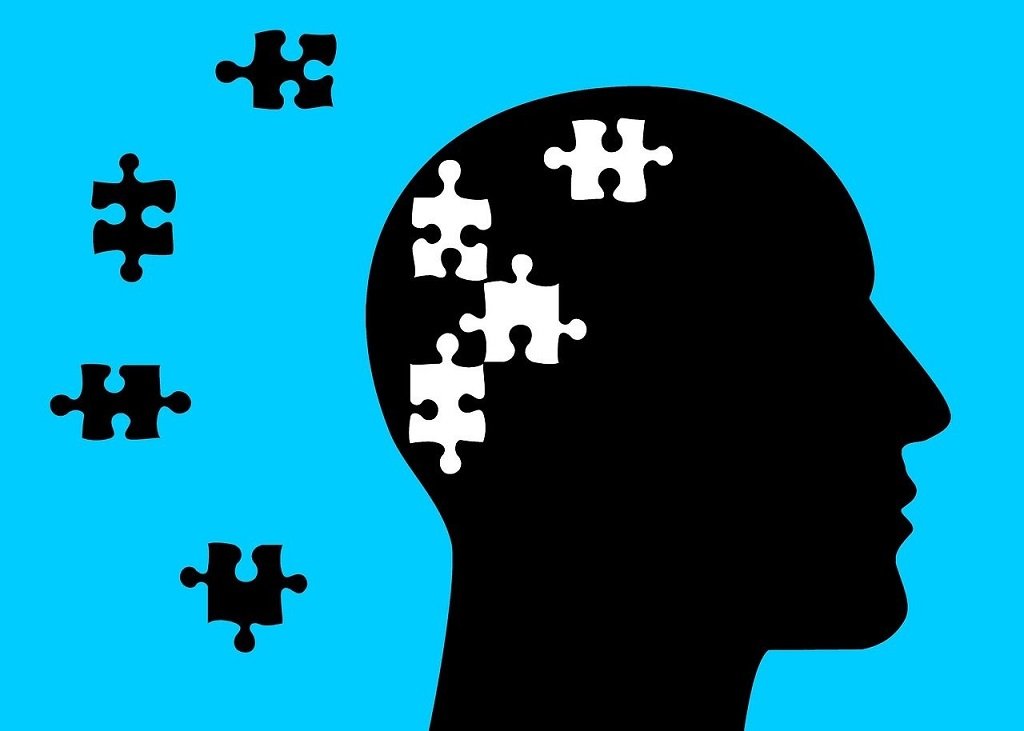Taking care of someone with Alzheimer’s disease or another form of dementia can be long, frustrating, and filled with many different kinds of emotions. Fortunately, you are not alone. It is estimated that more than 16 million Americans are caring for loved ones with dementia, thanks to professional doctors and online medical store individuals who deliver the proper tools at your door. While it is still important to regularly check with a neurologist for dementia, it is becoming much easier to care for loved ones who are afflicted with this disease.
Alzheimer’s and dementia do not have a cure at present, so it is essential to provide your loved one with care and support that will improve their quality of life the most. It is an incredible gift.

Providing care in the early stages of dementia or Alzheimer’s
Alzheimer’s illness or another type of dementia may not require much care in the beginning stages. The first step could be to help them deal with their findings, plan for the future, and stay as healthy, dynamic, and engaged as they can be. In emergencies or if they are lost, medical ID bracelets are a great help.
1. Recognize the diagnosis
As hard as it can be for the patient, accepting a diagnosis of dementia can be equally challenging for the relatives. You and your loved one must have time to process the news, adjust to the new situation, and grieve your losses. Whatever the case, don’t let denial stop you from seeking early intervention.
2. Resolve conflicts of emotion
In the beginning phase of dementia or Alzheimer’s, it is normal for the patient and you, the caregiver, to feel anger, dissatisfaction, mistrust, hopelessness, and dread. Encourage your loved ones to keep exploring activities that add significance and meaning to their lives and let them express the emotions they’re feeling. Find someone you can trust to help you cope with your worries, misgivings, and apprehensions.
3. Utilize medical ID jewelry and accessible assets
Providing adequate care on this journey is made easier with the abundance of community and online resources. To learn more about your local Alzheimer’s association, check online. Caretakers and their families can obtain practical help, helplines, encouragement, and preparation through these associations. Local support groups can also be arranged through such associations.
Get a medical ID bracelet or necklace for your loved one so they will not find themselves in a situation where they are unconscious on the way unawares and find that no one can assist them due to their condition and inability to explain. If that is the case, your loved ones will be represented by the medical ID.
4. Learn everything you can
You must get as much information as you can about the dementia of your loved one. Although everyone experiences Alzheimer’s or dementia differently, the more information you receive about the condition and how it’s likely to progress, the easier it will be for you to prepare for future difficulties, lessen your dissatisfaction, and cultivate realistic expectations. Caregiving lessons can also be learned from books, workshops, and internet training modules.
5. Become a member of a care group
Other people who have faced similar challenges will be able to share their experiences with you. Putting yourself in contact with people who understand what you’re going through can also reduce feelings of disengagement, dread, and sadness.

